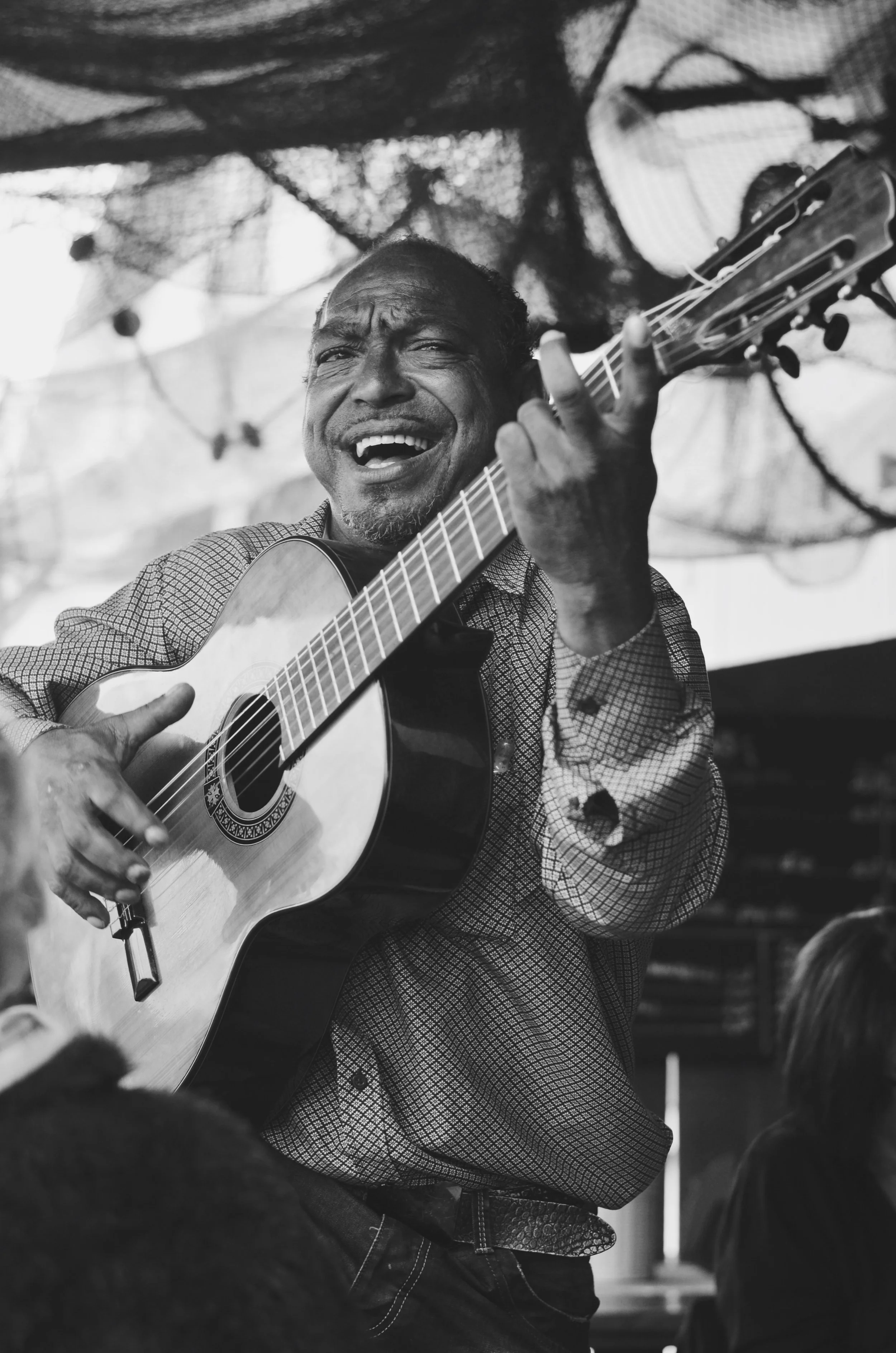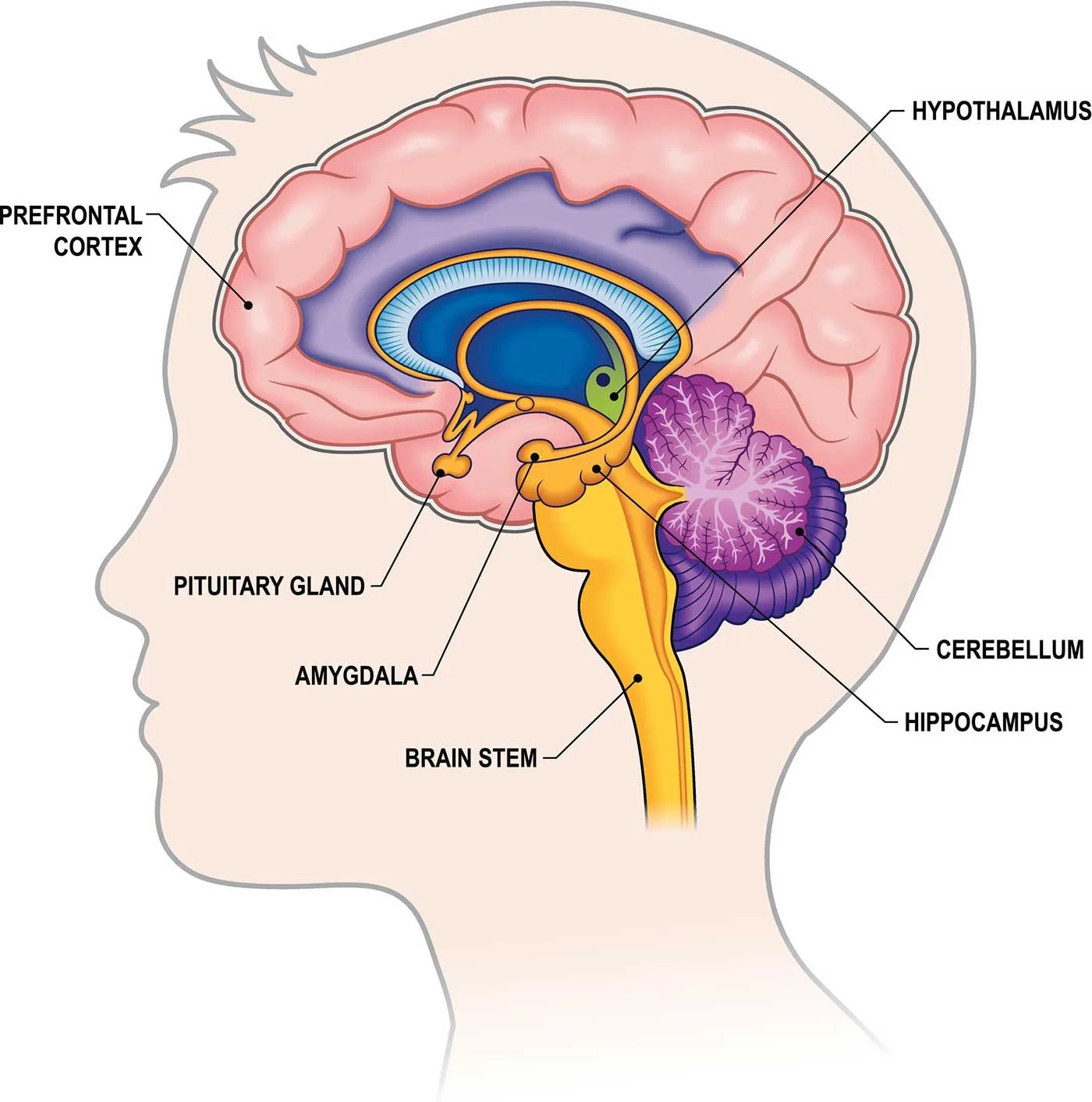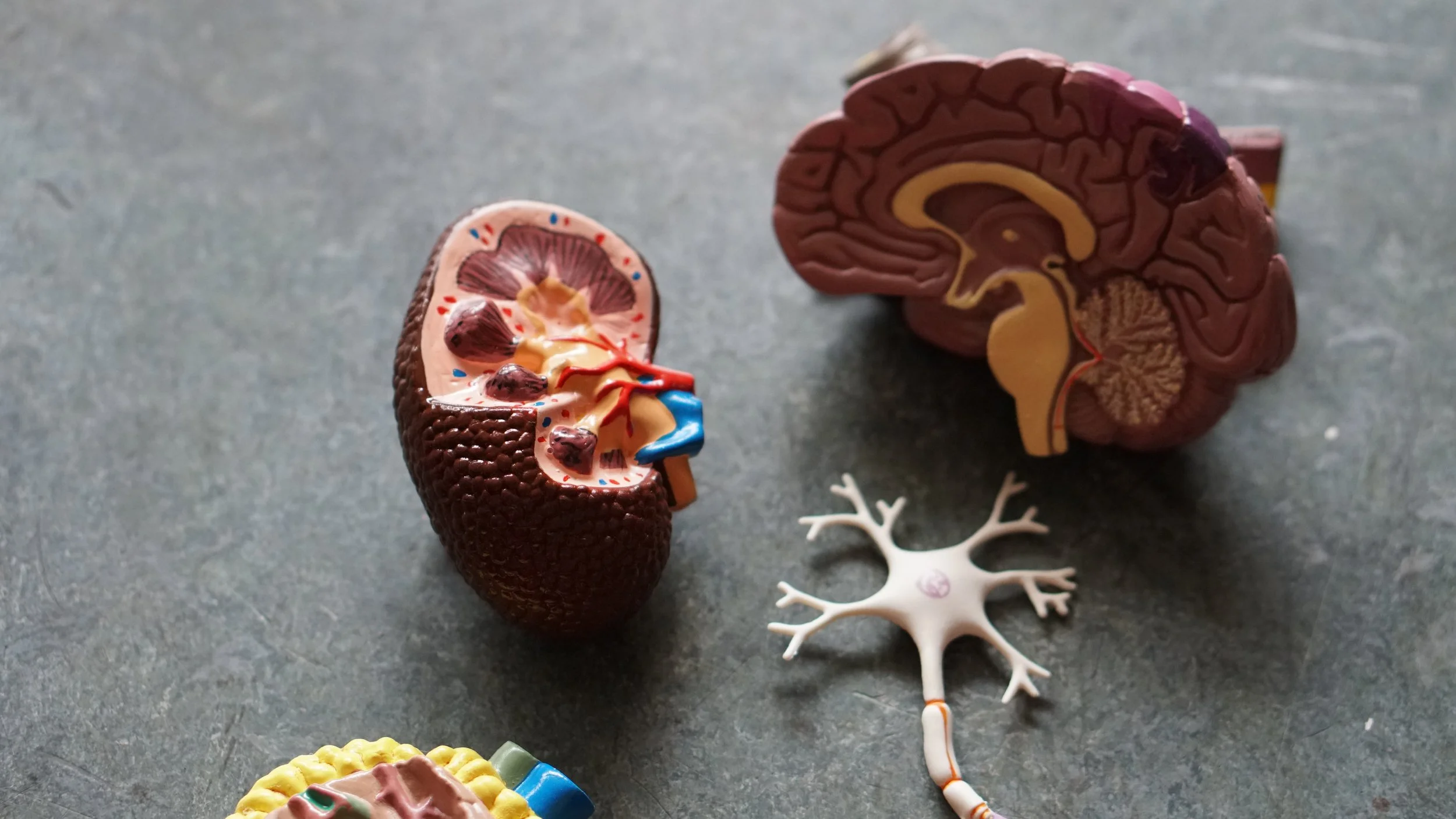I receive a lot of email requests from students who want to learn more about music therapy, either for a research project or for career exploration. I love talking to students and supporting their interests, but I find myself spending time writing lengthy responses and never receiving a follow up. So this blog post is to answer many of the FAQs I receive from students.
Read MoreWe help patients process the memories and emotions that are evoked when engaging in music, and then explore their reactions to these through verbal discussion. We can then work through music improvisation, lyric writing, or singing to make changes to our reactions in order to re-process difficult situations.
Music therapy can be an excellent modality to explore feelings and situations that are difficult to convey in words. There is no pressure to come into the therapy room and sing or play an instrument, the sessions often look like traditional therapy- with the added sensory experience of sound and the extra tool of learning to use music for self-care.
Read MoreIt’s okay if you want to just sit down and listen to something relaxing, knowing the resolution is going to come. There is a sense of relief that comes with having our expectations met, and a sense of hope that comes from knowing what may be expected. And after all we’ve been through, I’m giving us all permission to unabashedly celebrate the consonance- tonic for our souls.
Read MoreIt’s my thought that organizations can make use of talented teaching artists, provided the teachers- and the organizations- have an understanding of the goals of the program, the participants’ needs, and what adaptive music means to all involved. Below, I’ll share some of the skills that are needed.
Read MoreThe Creative Health Conference is in its fourth year, and this year we’re focusing on music! Join us for a day of learning, inspiration, and connection. Teaching artists and medical professionals will share their work, research, and philosophies about music and healing. Gain ideas and resources for using music as a tool for health, with yourself or with your clients. Sessions include lecture and experiential formats. No prior musical experience necessary.
Read MoreMusic is community. Music is self improvement. Music is connecting. Music is reminding. Music is rhythm. Music is joy.
Read MoreSongwriting is such a powerful tool for self-expression, whether we’re using it in therapy or on our own. Some of my clients get stuck on the musical process itself- trying to come up with catchy hooks, common chord progressions, or the perfect lyrics. But as a tool for self-care, songwriting can be as simple as sitting down at a piano and playing how you feel. Or creating beats in an app like garage band. Or writing poems that you layer over sounds you’ve recorded from your favorite place in nature.
Songs create a safe container for us to express how we feel and then leave it in the song. When we listen back, we can begin to reframe the story or re-experience the story as needed. This can reduce anxiety, prevent burnout, and increase confidence.
Read MoreHe usually had his eyes closed while the other members sang. One day, I brought drums to hand out- they were Remo’s buffalo drums, which have a handle and a mallet. This man was playing his drum with one mallet when he suddenly reached over and took the mallet from his neighbor. He started playing a military drum cadence with two mallets on the drum on his lap. When we finished the drumming as a group, I sat next to him and he told me about his service in the army. It was the first time he’d spoken in the group in two months!
Read Moremultiple areas of the brain are involved in processing music, whether you’re performing it or engaging in it in some other way. When sound enters the ear, its vibrations against the eardrum convert to electric signals that travel (via nerves) to the brainstem, which relays messages to many parts of the brain. Different parts of the brain are activated depending on how we are engaging in the music, and what type of music it is.
Read MoreMusic therapists use a technique called entrainment, in which we match the tempo of our improvised music to the breath or heart rate of a patient. Eventually, we can speed up or slow down our music and the person’s body rhythms will go with it. This is effective even in the ICU with a patient who is otherwise unresponsive. If that patient is in a state of stress, music therapy can be used to bring them into a parasympathetic state, which may help them get home faster.
Read MoreYou can incorporate music into your daily routine.. Relaxation music doesn’t have to be Pachebel’s Canon or rainfall sounds. You can use your favorite song, be it hip hop, country, or jazz.. As you listen, try breathing in time to the beat of the music. Adjusting your breathing even slightly reduces anxiety by increasing the supply of oxygen to your brain and stimulating the parasympathetic nervous system.
Read MoreThere are studies of the negative health outcomes of noise pollution that aren’t just related to hearing loss. Unwanted and disturbing sound can also lead to loss of sleep, heart disease, diabetes, hypertension, and learning difficulties. Our stress levels increase due to aggravation of noise pollution.
Read MoreThat is just one example of the benefits music therapy can provide to oncology patients, one of my favorite populations to work with. Music therapy can be an integral part of continuous supportive cancer care, enhancing both medical treatments and rehabilitation.
Read MoreMusic is highly structured, made up of multiple elements all at once- rhythm, tempo, melody, harmony, timbre, genre. So to participate in even listening to music, we are using parts of our brain that deal with complex perception, motor control, emotional regulation, timing, hearing, language, memory, executive control. Music activates these areas and drives complex interaction between them. Using the simple form of music, like a 12 bar blues, we can retrain and reeducate an injured brain by making space for the brain to fill in notes and rhythm. Research has shown that learning music helps areas in the brain grow and reconnect.
Read MorePercussion walls can target so many different goals and work on a variety of skills while being a fun gathering space for kids with and without disabilities to play together.
Read More““Rewild” will take you on a thoughtful sonic journey and when you reach the end, you’ll find yourself compelled to listen again.” -Aimsel Ponti, Press Herald
Read MoreI am truly humbled by the support I have had from so many different people and organizations who believe that music therapy has a place in Maine’s healthcare system. And to all the clients I have worked with over the years – you each have taught me so much and it has been an honor to be part of your journey.
Read More




















